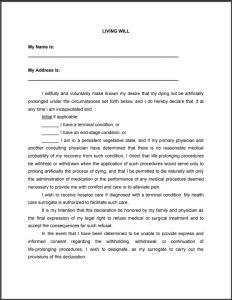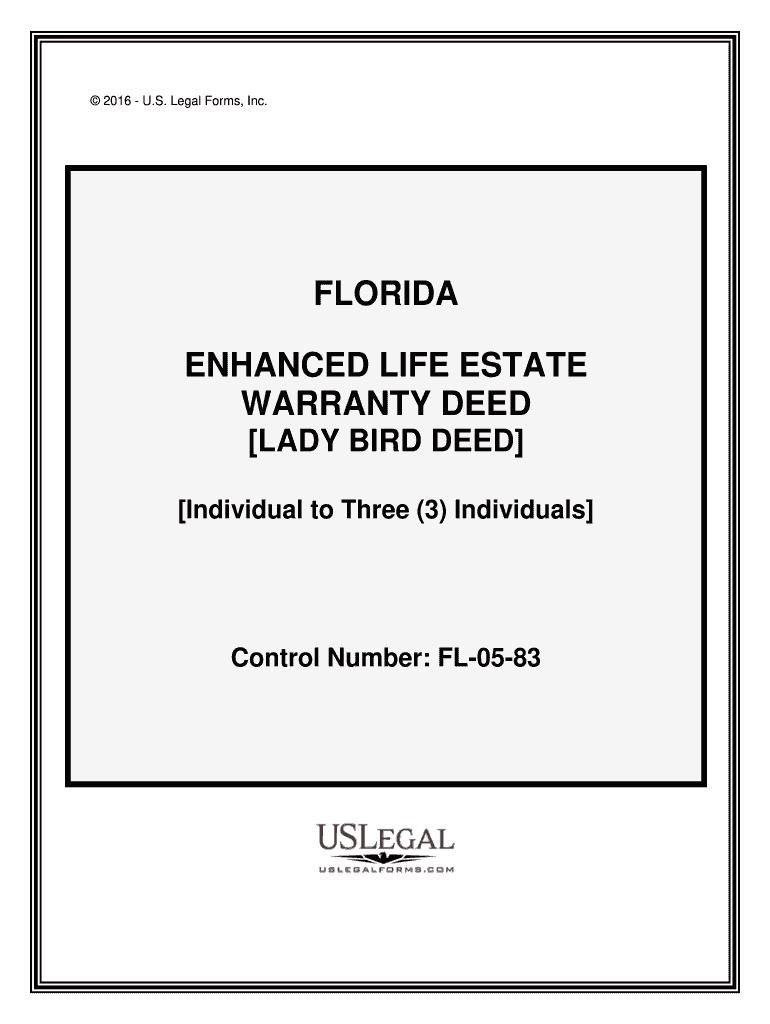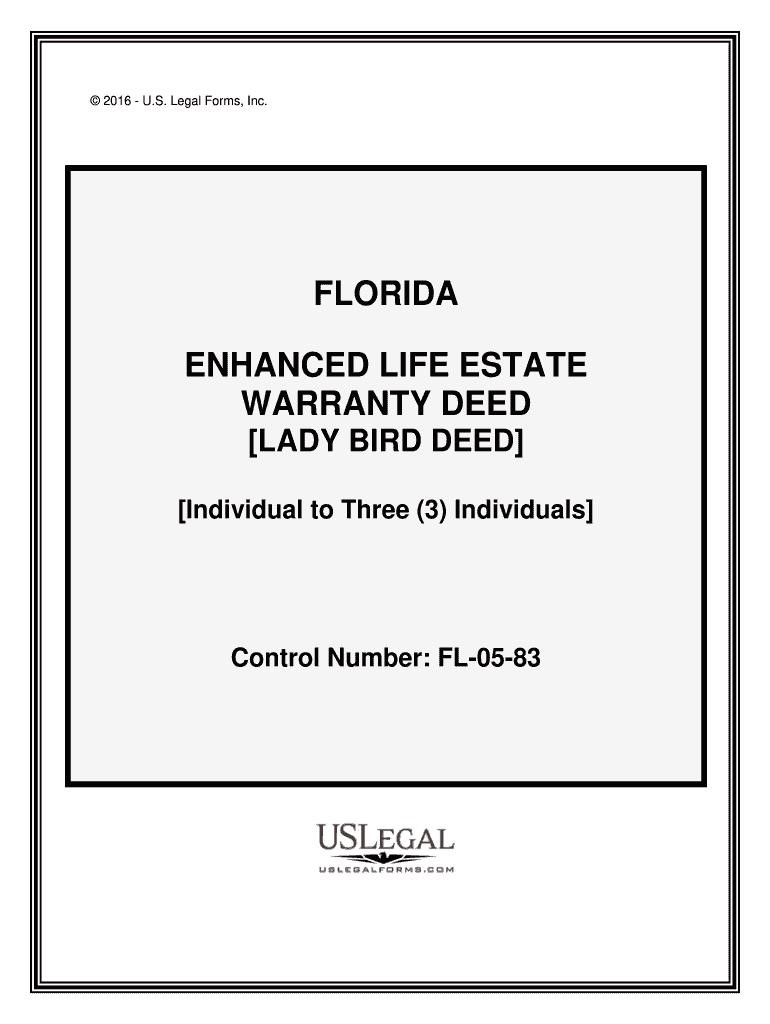Understanding Florida’s Enhanced Life Estate Deed (Lady Bird Deed)
Florida’s Enhanced Life Estate Deed, also known as a Lady Bird Deed, allows property transfer upon death while retaining life control. It avoids probate, aids Medicaid planning, and offers tax advantages, making it a popular estate planning tool.
What is an Enhanced Life Estate Deed?
In Florida, an Enhanced Life Estate Deed, often called a Lady Bird Deed, is a specialized legal instrument. It enables a property owner (grantor) to transfer ownership to a beneficiary (remainderman) upon their death. Crucially, the grantor retains complete control and use of the property during their lifetime. This includes the right to sell, mortgage, or lease the property without needing the remainderman’s consent. This differs significantly from a traditional life estate deed, offering greater flexibility to the grantor. The primary aim is to simplify estate transfer, avoiding the often lengthy and costly probate process. The deed’s specific provisions ensure the smooth transfer of property to the designated beneficiary after the grantor’s passing, providing a streamlined and efficient estate planning solution.
How it Differs from a Traditional Life Estate Deed
Unlike a traditional life estate deed, the Florida Enhanced Life Estate Deed grants the grantor (property owner) significantly more power. In a traditional life estate, the grantor’s ability to sell, mortgage, or otherwise control the property is often restricted. They typically need the consent of the remainderman. However, with an Enhanced Life Estate Deed, the grantor retains full control during their lifetime. This crucial difference offers flexibility and avoids potential conflicts or delays in property management. The grantor can make decisions about the property without seeking permission from the future owner. This enhanced control is a key advantage of this specific type of deed, streamlining property management for the grantor while still ensuring a clear path for inheritance after their death.
Avoiding Probate with an Enhanced Life Estate Deed
A primary benefit of the Florida Enhanced Life Estate Deed is its ability to bypass the often lengthy and costly probate process. Probate involves court proceedings to validate a will and distribute assets, which can be time-consuming and expensive. By transferring ownership upon death automatically, the Enhanced Life Estate Deed circumvents this legal procedure. The property passes directly to the designated beneficiary, streamlining the inheritance process. This is especially advantageous for families seeking a swift and cost-effective transfer of property, minimizing legal fees and administrative burdens typically associated with probate. The simplified transfer saves both time and money for the heirs, making the transition smoother and less stressful.

Benefits of Using an Enhanced Life Estate Deed in Florida
Florida’s Enhanced Life Estate Deed offers significant advantages, including probate avoidance, tax benefits, Medicaid planning assistance, and lifetime property control.
Tax Advantages
Utilizing a Florida Enhanced Life Estate Deed, often called a Lady Bird Deed, presents notable tax benefits. Unlike traditional property transfers, this deed often avoids triggering documentary stamp taxes in Florida. This tax savings can be substantial, especially for properties with high values; The avoidance of these taxes is a significant financial advantage for those employing this estate planning strategy. Furthermore, while specific tax implications depend on individual circumstances and should be verified with a tax professional, the deed’s structure can offer strategic advantages in minimizing potential estate or inheritance taxes. Careful planning with a legal and financial advisor is crucial to fully leverage these potential tax benefits and ensure compliance with all applicable regulations.
Medicaid Planning
In Florida, the Enhanced Life Estate Deed can be a valuable tool in Medicaid planning. By transferring ownership while retaining the right to live in the property, individuals can protect their assets while still qualifying for Medicaid benefits. This is crucial for those needing long-term care coverage, as Medicaid eligibility often hinges on asset limits. However, it’s critical to understand that the specific application and effectiveness of a Lady Bird Deed in Medicaid planning are complex and depend on individual circumstances and current Medicaid rules. Improper execution can lead to disqualification. Therefore, seeking advice from both an experienced estate planning attorney and a Medicaid expert is strongly recommended. They can help navigate the intricacies of Medicaid regulations and ensure the deed is structured appropriately to achieve the desired outcome. This ensures compliance and prevents potential legal challenges.
Maintaining Control During Lifetime
A key advantage of Florida’s Enhanced Life Estate Deed is the grantor’s retained control over the property during their lifetime. Unlike a traditional transfer, the grantor retains the right to live on the property, manage it, and receive any income generated from it (e.g., rent). This contrasts with a typical life estate deed, where the grantor’s control may be more limited. The grantor can also sell, mortgage, or lease the property without needing the remainderman’s consent. This flexibility ensures that the grantor maintains their independence and financial security. However, understanding the precise extent of retained control is crucial; it’s not absolute. Specific clauses within the deed document define the exact parameters of the grantor’s rights and limitations. Consulting with an attorney ensures these rights are clearly outlined and protected.
Considerations and Potential Drawbacks
While offering benefits, Florida’s Enhanced Life Estate Deed has limitations. These include restrictions on property use and the need for remaindermen consent for certain actions.
Limitations on Property Use
A key consideration with Florida’s Enhanced Life Estate Deed is the restriction on the grantor’s ability to freely use and dispose of the property. While the grantor retains the right to live on the property for their lifetime, actions like selling, mortgaging, or leasing the property usually require the consent of the remaindermen (the beneficiaries who inherit the property after the grantor’s death). This limitation can impact the grantor’s flexibility in managing their finances or responding to unexpected needs. For example, if the grantor requires funds for significant home repairs or faces unforeseen financial difficulties, obtaining the remaindermen’s agreement for a mortgage or sale may prove challenging or impossible, potentially hindering their ability to meet their obligations or improve their living situation. Careful consideration of these limitations is crucial before executing such a deed.
Consent of Remaindermen
The Enhanced Life Estate Deed in Florida necessitates obtaining the consent of the remaindermen—the individuals designated to inherit the property after the grantor’s death—for certain actions concerning the property. This requirement significantly impacts the grantor’s control during their lifetime. For instance, if the grantor wishes to sell, mortgage, or lease the property, they must secure the agreement of all remaindermen. Failure to obtain unanimous consent can severely limit the grantor’s options and financial flexibility. This collaborative aspect necessitates open communication and a harmonious relationship between the grantor and remaindermen to prevent conflicts and potential legal disputes. The process of obtaining consent can be time-consuming and complex, potentially delaying crucial decisions regarding the property’s management or sale.
State-Specific Availability
It’s crucial to understand that the Enhanced Life Estate Deed, while popular in Florida, isn’t a nationwide instrument. Its legal recognition and specific provisions vary significantly from state to state. While some states have similar legal mechanisms for transferring property while retaining lifetime control, the exact terminology, requirements, and implications differ. Before considering an Enhanced Life Estate Deed, it’s imperative to confirm its availability and legal validity within your specific jurisdiction. Consulting with a qualified estate planning attorney in your state is highly recommended to ensure compliance with local laws and to explore alternative estate planning strategies if the Enhanced Life Estate Deed isn’t a viable option in your area. Ignoring this state-specific limitation could lead to significant legal complications and invalidate your estate plan.

Legal and Practical Implications
Proper recording of the deed is essential, and any changes to the estate plan may necessitate legal advice. Contesting a deed can lead to complex legal battles.
Recording the Deed
In Florida, the proper recording of an Enhanced Life Estate Deed (Lady Bird Deed) is crucial for its legal validity and effectiveness. This process ensures that the transfer of property rights is officially documented and publicly accessible. The deed must be accurately prepared and submitted to the appropriate county clerk’s office where the property is located. Failure to record the deed can result in complications, including challenges to the transfer upon the grantor’s death. The recording process typically involves paying a recording fee and providing the necessary documentation, ensuring the deed meets all legal requirements. Electronic recording is also an option, offering a faster and more convenient way to complete the process. Consulting with legal professionals to ensure accurate preparation and timely recording is highly recommended to avoid future complications and disputes.
Changes to the Estate Plan
Modifying an existing Florida Enhanced Life Estate Deed requires careful consideration and legal expertise. Because the deed directly impacts property ownership and inheritance, alterations must adhere to strict legal procedures. Simply amending the document is usually insufficient; a new deed often needs creation and recording. Factors influencing the complexity of changes include the specifics of the original deed and any subsequent changes to the grantor’s circumstances or wishes. Legal counsel is vital in navigating the process, ensuring compliance with Florida law and safeguarding the interests of all parties involved. The process may involve consultations with attorneys, potentially necessitating court involvement for complex situations. Failing to follow proper legal channels can invalidate the deed or lead to legal disputes after the grantor’s passing. Thorough planning and legal advice are essential for any modifications to an Enhanced Life Estate Deed.
Contesting the Deed
Contesting a Florida Enhanced Life Estate Deed (Lady Bird Deed) is a complex legal process, requiring substantial evidence of wrongdoing or irregularities. Challenges can arise from claims of undue influence, fraud, or lack of capacity by the grantor at the time of signing. Successful challenges often hinge on demonstrating that the grantor lacked the mental capacity to understand the deed’s implications or that they were coerced into signing against their will. Legal representation is crucial for both parties involved – the challenger and the beneficiaries named in the deed. The court will scrutinize all evidence, including witness testimonies, medical records, and financial documents, to determine the validity of the deed. The outcome depends heavily on the strength and credibility of the evidence presented. Successfully contesting a properly executed deed is difficult, demanding a high burden of proof on the challenger. Therefore, thorough legal counsel is necessary before initiating a challenge.
Frequently Asked Questions
Common questions include costs, electronic recording options, and potential disadvantages of using a Florida Enhanced Life Estate Deed. Understanding these aspects is crucial for informed decision-making.
Cost of an Enhanced Life Estate Deed
The cost of preparing and recording a Florida Enhanced Life Estate Deed (Lady Bird Deed) varies depending on several factors. Attorney fees constitute a significant portion of the overall expense, with rates differing based on the attorney’s experience and location. Additional costs may include document preparation fees, recording fees payable to the relevant county clerk’s office, and potential notary fees. While some services advertise flat fees, it’s crucial to thoroughly understand what’s included to avoid unexpected expenses. Online resources and legal professionals can provide estimates, but a personalized quote from a qualified attorney is recommended for an accurate assessment of the total cost involved in establishing an Enhanced Life Estate Deed tailored to your specific circumstances; Remember to factor in all potential fees before making a final decision.
Electronic Recording
The increasing adoption of e-recording for Florida real estate documents, including Enhanced Life Estate Deeds, offers several advantages. E-recording streamlines the process, often resulting in faster processing times compared to traditional paper filings. This efficiency translates to quicker completion of the transfer, providing peace of mind for those involved. Furthermore, e-recording enhances security and accuracy by minimizing the risks associated with handling physical documents. The electronic format reduces the potential for loss or damage, ensuring the integrity of the legal record. However, not all counties in Florida may have fully implemented e-recording systems, so it’s advisable to check with the relevant county clerk’s office to confirm their acceptance of electronically recorded documents before proceeding. The specific requirements and procedures for e-recording will vary depending on the county. Consult your legal professional or the county’s website for detailed instructions and guidelines.
Potential Disadvantages
While offering significant benefits, Florida’s Enhanced Life Estate Deed also presents potential drawbacks. The grantor’s ability to sell or mortgage the property might be restricted, requiring consent from the remaindermen. This limitation can hinder flexibility in financial planning. Furthermore, disagreements among family members regarding the property’s future disposition after the grantor’s death could arise, potentially leading to legal disputes. The complexity of the deed’s legal structure necessitates careful planning and legal counsel to ensure it aligns with individual circumstances and estate goals. Improper execution or insufficient understanding of the deed’s implications can lead to unintended consequences, emphasizing the need for professional advice. Finally, state-specific regulations governing Enhanced Life Estate Deeds mean that their applicability and effectiveness might vary from other jurisdictions, requiring careful consideration if dealing with property outside of Florida.
